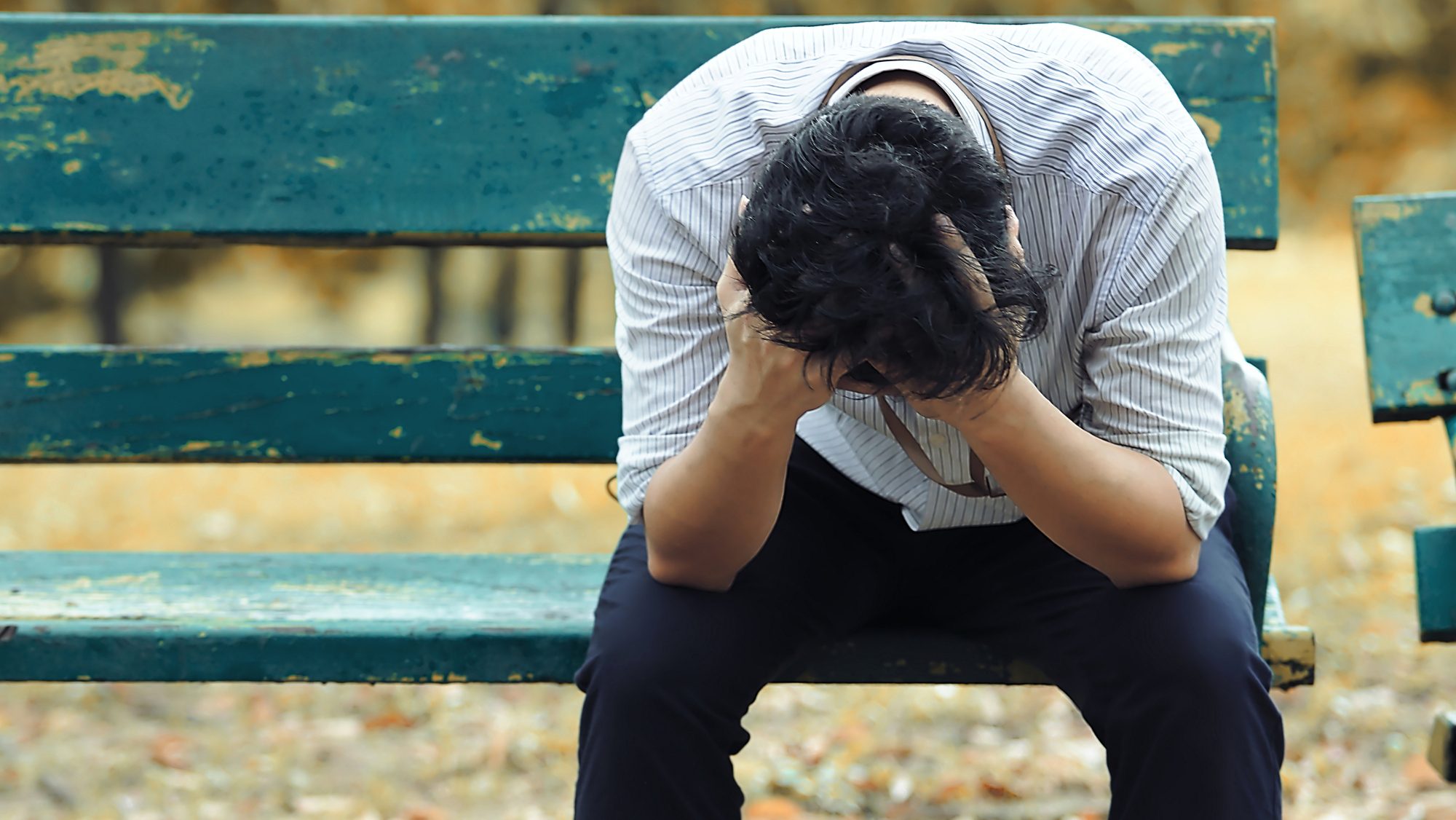SINGAPORE: The number of suicides in Singapore has seen a drop across all age groups for the first time in 2023. According to the latest figures released by the Samaritans of Singapore, the total number of suicides reported last year was 322. This represents a significant 32.4% drop from 2022 and marks the lowest figure recorded since the year 2000.
Observers and experts suggest that increased focus on mental health support and raising awareness about the issue may have played a role in the drop in numbers.
In 2022, Singapore recorded its highest number of suicides since data collection began, with 476 cases reported, prompting widespread concern and calls for enhanced mental health support.
Of the 322 suicide deaths in 2023, nearly 69% or 222 were males. Notably, suicide remained the leading cause of death among young people aged 10 to 29, despite a 31.2% decrease in cases compared to 2022.
Associate Professor Daniel Fung, CEO of the Institute of Mental Health, attributed the decline to concerted efforts across various sectors. “There has been substantial work from cross-sectoral agencies, from hospitals to social service agencies, on suicide prevention,” he stated. Initiatives like the Inter-agency Research Workgroup for Youth Suicides have played a crucial role in early identification and crisis intervention.
According to The Straits Times, the Samaritans of Singapore said the drop in numbers cannot be attributed to any one specific reason, as suicide is complex and multifaceted. However, they noted that apart from community-based programmes, there is increased mental health awareness through campaigns and government and community initiatives.
In a notable development, advocacy group SG Mental Health Matters announced Project Hayat (which means “life” in Malay) in September 2023, aimed at developing a national suicide prevention strategy. Co-led by former nominated MP Anthea Ong, the initiative seeks to engage the public through consultations, sharing concerns and experiences with suicide starting July 19, according to a released statement on July 12.
The NUS Saw Swee Hock School of Public Health, the National University of Singapore, and OPPi, a citizen engagement platform, will hold public consultations for three months. The advocacy group aims to gather at least 2,000 responses. Singaporeans and permanent residents aged 21 and above can participate by visiting here.
Ms Ong added that the drop in cases is surprising yet encouraging. She also noted that although there is still stigma around suicide discussions, it has reduced due to the Covid-19 pandemic.
Rosie Ching, principal lecturer at Singapore Management University, expressed that the drop is “a heartening surprise” after 2022’s concerning numbers.
“I hope that this will move on a downward trend and not be a one-off result. But this is indeed a light in the dark web of suicide,” she remarked.
“If this significant drop in 2023 is indeed a turning point in our suicide rates, then it’s a tribute to the many community workers, counsellors, mental health professionals and advocates who have been working tirelessly for many years on suicide prevention,” Ms Ong added.
Despite the positive trend, challenges remain. The Samaritans of Singapore noted that young adults aged 20-29 still accounted for the largest proportion (17.7%) of suicides in 2023.
Initiatives like Mindful Bytes, targeting youths aged 13 and above with online safety and suicide prevention skills, represent ongoing efforts to address specific community needs.
While 2023 marks a promising downturn in Singapore’s suicide rates, “we must not focus on the significant drop as a ‘success’ and forget that this drop, if indeed reflective of the ground reality, merely means we are on the right track and therefore more should be done so we can work towards a zero-suicide society,” said Ms Ong.
“We must remember that one suicide is one too many,” added Dr Jared Ng, medical director for Connections MindHealth.
“We cannot be complacent; we must continue to be vigilant towards those around us, empathise with those in need and practise kindness to ourselves and others,” he said. /TISG
Read also: “What am I working for?” – Young Singaporean depressed over “work work work” daily grind
Featured image by Depositphotos

